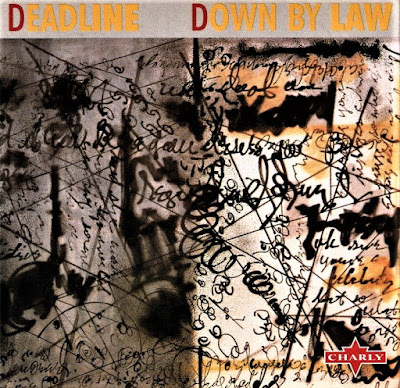Manu Dibango, a Cameroonian composer, saxophonist and vibraphonist, died last week in Paris at age 86 of the COVID-19 virus. He first achieved fame in the early Seventies for his propulsive "Soul Makossa" which hit the streets of New York like wildfire and which may be best known to later generations for its refrain of "mamase, mamasa, mamakossa" that Michael Jackson and Rihanna appropriated, among others.
A dozen years or so later, his Electric Africa album, released in 1985, was produced by bass player Bill Laswell, whose work with Celluloid Records included work with other African groups like Toure Kunda, whose 1984 live album Live Paris-Ziguinchor was an early foray into "world music" for this blogger, though it didn't register that Laswell produced that record.
Dibango then appeared on another Laswell endeavor, Deadline, with the bassist teaming with jazz and blues drummer Phillip Wilson (Art Ensemble of Chicago, Anthony Braxton, Julius Hemphill, Paul Butterfield Blues Band) to create a remarkable fusion of African, funk, and electronics. There are the usual diverse participants as per Laswell's modus operandi, including the legendary bassist Jaco Pastorius, percussionists Aiyb Dieng and Steve Turre, cornetist Olu Dara, keyboardist Bernie Worrell of Parliament/Funkadelic fame, bassist Jonas Hellborg, and Butterfield.
Dibango appears on "Afro Beat," "Boat Peoples" and "Makossa Rock" with his signature sax and vocal sounds and the latter, spanning 11 minutes, is the high point of a strong album, with a groove that is endless. Really, though, the record is uniformly excellent (with "Boat Peoples" another highlight) and Laswell and Wilson, in their co-producing roles, made great use of the stellar performers and their diverse instrumentation.
Any loss to this COVID-19 pandemic is to be regretted and mourned and Manu Dibango is one of those to be missed for his distinctive contributions to bringing well-balanced fusions of African and western musics.
